Geneva to blow out 300 candles to Rousseau
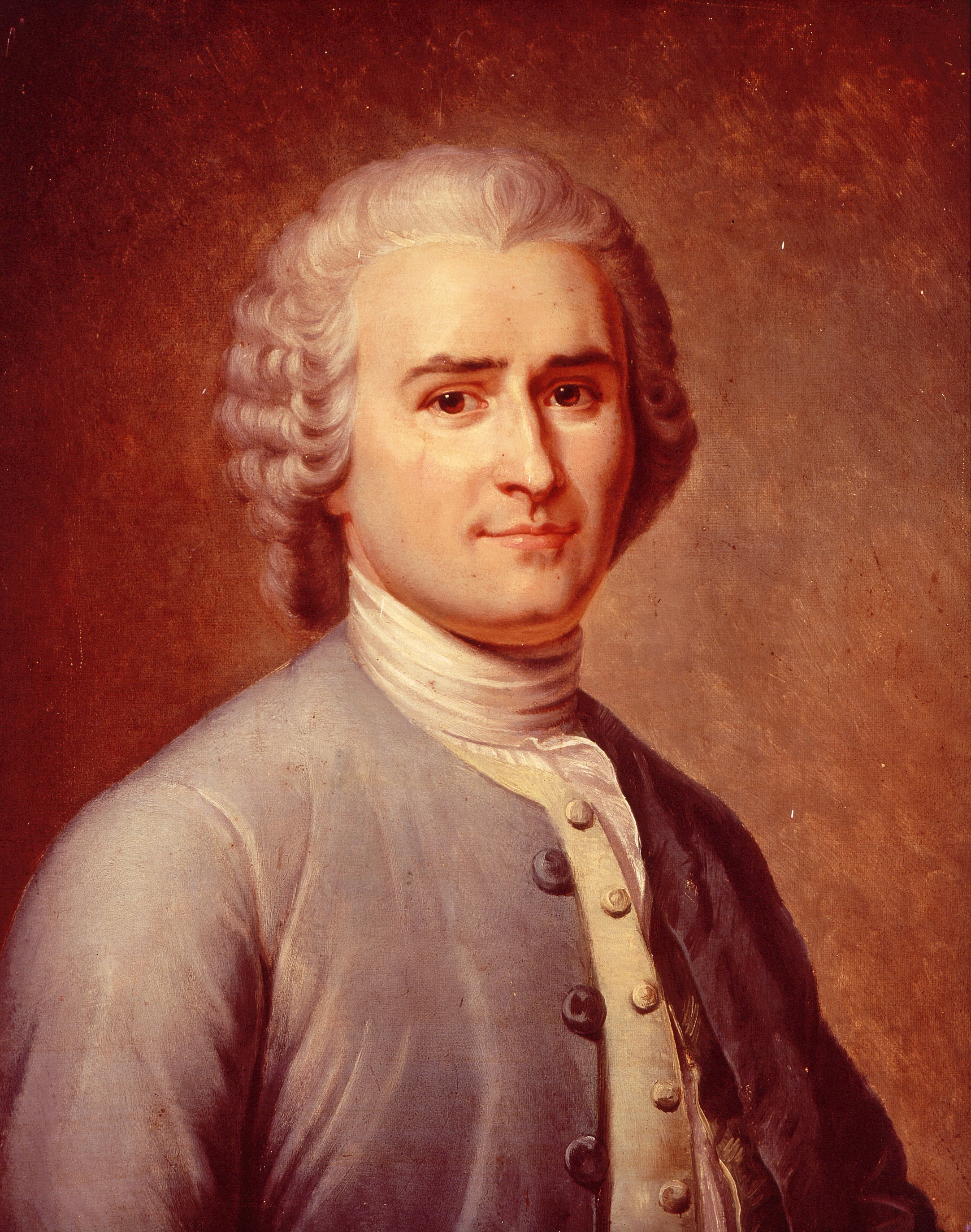
Geneva is this year celebrating the 300th anniversary of the birth of philosopher, writer and composer Jean-Jacques Rousseau.
swissinfo.ch talks to François Jacob, the organiser of the busy Rousseau programme, about the influence of the Enlightenment thinker and why celebrations in 2012 extend well beyond Geneva.
swissinfo.ch: What impact has Rousseau had on modern-day Europe?
François Jacob: Europe is perhaps not the best term to use when talking about Rousseau’s impact, as it’s a contemporary creation; Europe today doesn’t really correspond to the 18th century Europe of the Enlightenment.
In those days the international language was French and culture circulated in a different fashion. It was reserved for small elite groups living in France, Switzerland and Russia, who read Rousseau without worrying about linguistic barriers or different ways of thinking.
swissinfo.ch: How far did Rousseau contribute to defining the notion of nationality?
F.J: In the 18th century countries were very much defined by the reigning families. Catherine II of Russia was German, members of the Spanish Bourbon dynasty were partly French, for example. So national sentiments didn’t really exist as such.
What changed with Rousseau was that he gave those kind of feelings a framework that took into account all the social, educational and political aspects that shape a population.
When he wrote “Essay on the Origin of Languages” he described how humans were shaped by the place they were born and the group culture in which they grew up. For Rousseau, places of origin were fertile sources of development for everyone. The French Revolution later drew on this totally new concept of identity, which in turn gave birth to the notion of homeland.
swissinfo.ch: What do you think Rousseau would have made of today’s so-called ‘clash of civilisations’?
F.J: I think he would have had both very negative and very positive impressions. Negative, as globalisation is a terrible ‘thing’ that destroys national identities. I don’t believe Rousseau would have appreciated this, unlike the great internationalist Voltaire, who would have felt very much at home.
But he would been positive also, as Rousseau was someone who supported dialogue. He believed people should discuss things without having to normalise the way we think to the extent that we have to live the same in Geneva, Berlin or London.
swissinfo.ch: It’s not unusual for Europe to be celebrating Rousseau’s anniversary but what is surprising is that countries like Brazil and the United States are also planning events. Where does their interest come from?
F.J: Brazil is a good example as it’s the place with the greatest number of tercentenary events in 2012. Around 100 speakers are set to attend the conference planned in Sao Paulo in September, which is huge. This enthusiasm can be explained by the fact that Rousseau’s thinking echoes concerns among Brazilians today, in particular their relationship to language and nature.
It’s not surprising that the best interpreters of Rousseau’s thinking come from Brazil. The country is looking for political identity and a framework in which its constitution can properly exist.
And talking about constitutions, many elements of the US constitution were borrowed from Rousseau’s “Social Contract”. This summer there will be a seminar and exhibition in Washington organised by the Library of Congress, in collaboration with the Geneva Library.
swissinfo.ch: For people today what are the lessons to be learned from Rousseau?
F.J: He gives us a political lesson on two different levels. From a collective perspective, Rousseau talks about how we have to think about living together in a way that suits everyone.
Then from a personal point of view he believed everyone could be happy in their own homeland. Switzerland, where he was born, offers a balanced model, which I’m sure he would have been keen on. It’s a model that is not really organised in federal terms but rather based on agreement according to simple principles that favour harmony.
If Europe had listened to this political lesson it would have avoided numerous problems. In any case it wouldn’t have sacrificed its people’s wellbeing in search of economic prosperity.
Rousseau was born in Geneva on June 28, 1712 and died on July 2, 1778 in Ermenonville, France.
His mother died when he was young, and Rousseau was initially brought up by his father, a watchmaker. He left Geneva aged 16 and travelled around France, where he met his benefactress, the Baroness de Warens, who gave him the education that turned him into a philosopher.
Rousseau reached Paris in 1742 and soon met Denis Diderot, another man from the provinces seeking literary fame. They formed the core of the intellectual group, the Philosophes.
In 1750 he published his first important work “A Discourse on the Sciences and the Arts” (1750). Its central theme was that man had become corrupted by society and civilisation.
In 1755, he published “Discourse on the Origin of Inequality”. He claimed that original man, while solitary, was happy, good and free. The vices dated from the formation of societies, which brought comparisons and, with that, pride.
“The Social Contract” of 1762 suggested how man might recover his freedom in the future. It argued that a state based on a genuine social contract would give men real freedom in exchange for their obedience to a self-imposed law. Rousseau described his civil society as united by a general will, furthering the common interest while occasionally clashing with personal interest.
Increasingly unhappy in Paris, Rousseau travelled to Montmorency. While there, he produced “Emile”, a treatise on education and “The New Eloise” (1761). This novel escaped the censors and was the most widely read of all his works. Its freedom with emotion was in tune with developing romanticism and won him many important fans. But it scandalised the French authorities, who burned it and ordered Rousseau’s arrest.
He travelled to England, a guest of the Scottish philosopher David Hume, but grew unhappy and secretly returned to France.
In his last ten years, Rousseau wrote his “Confessions”, justifying himself against his opponents.
(BBC History site)
(Translated from French by Simon Bradley)

In compliance with the JTI standards
More: SWI swissinfo.ch certified by the Journalism Trust Initiative


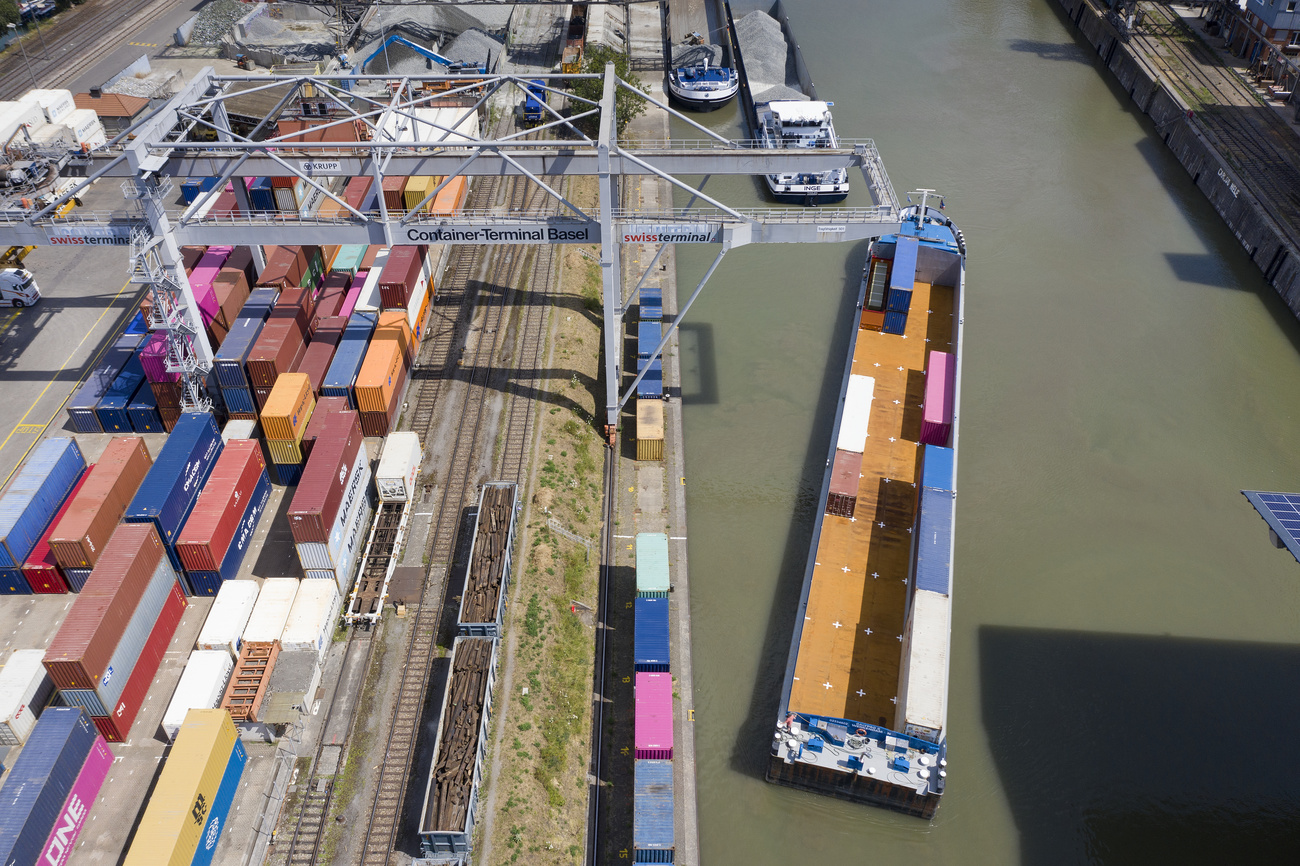

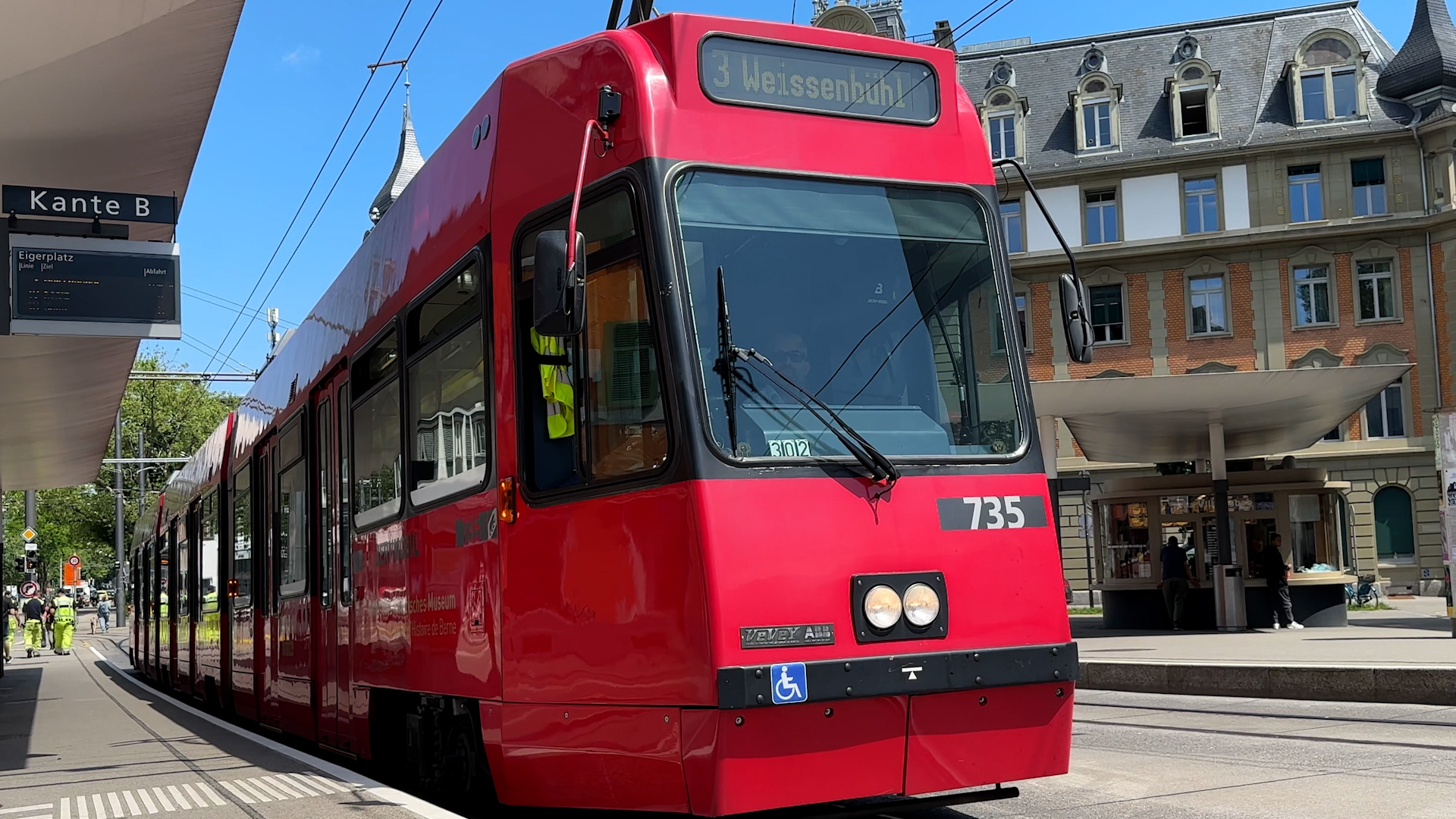


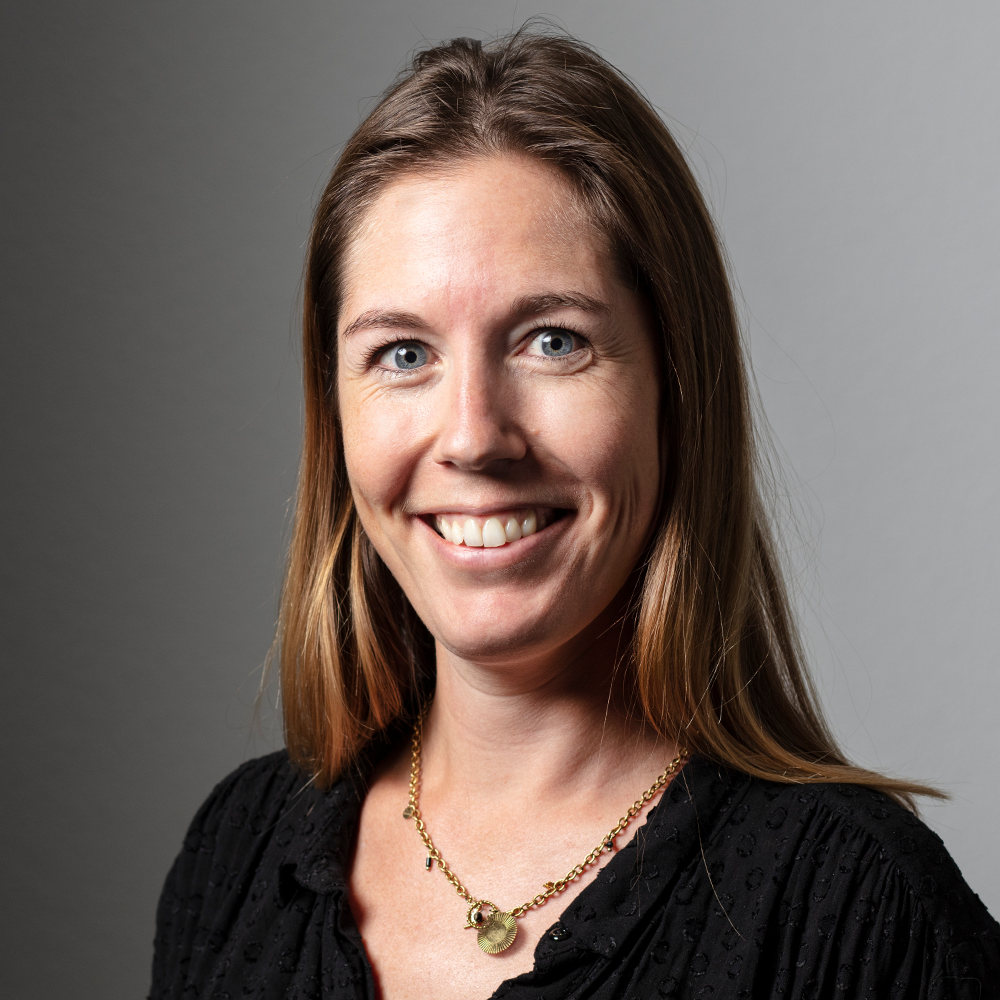
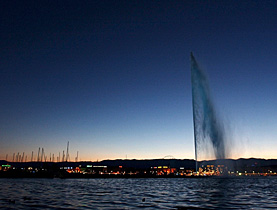
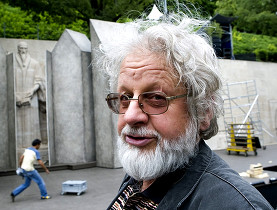
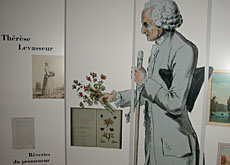
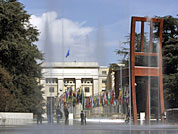
You can find an overview of ongoing debates with our journalists here . Please join us!
If you want to start a conversation about a topic raised in this article or want to report factual errors, email us at english@swissinfo.ch.